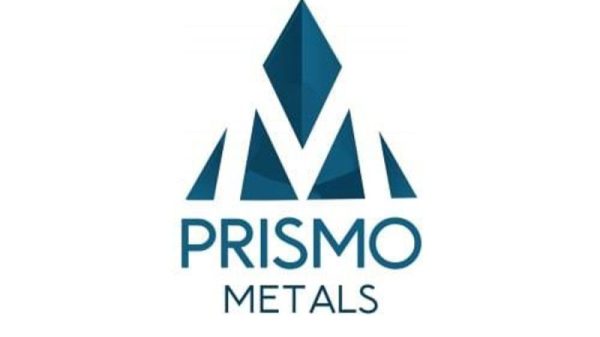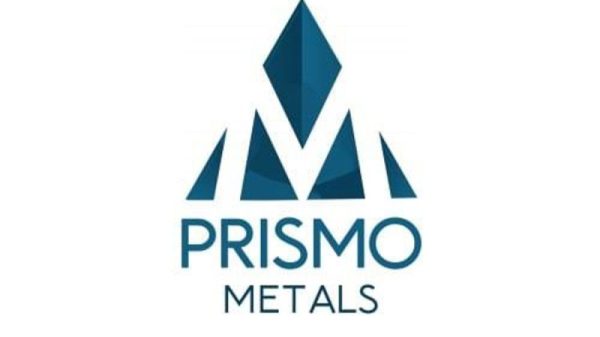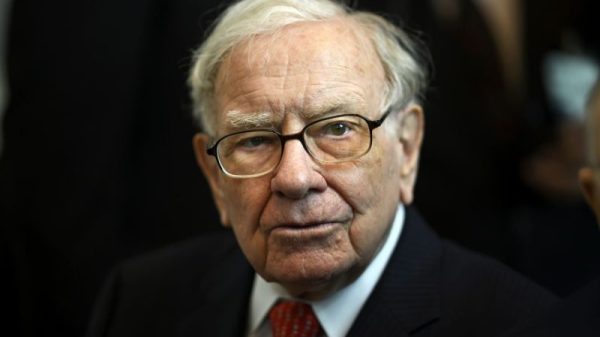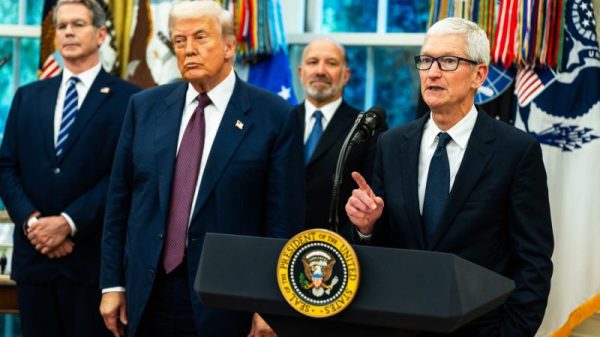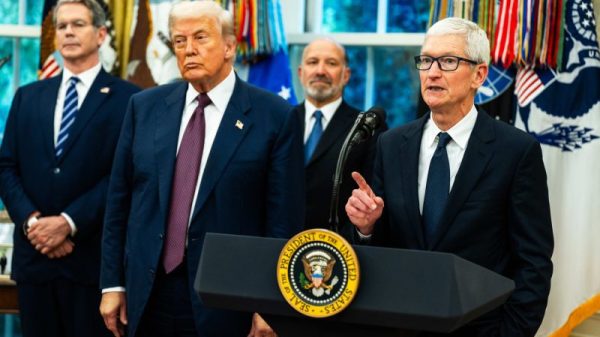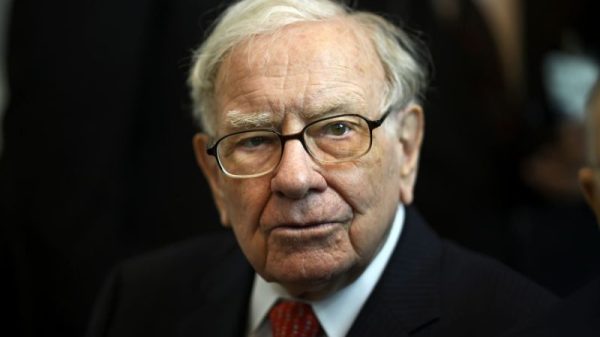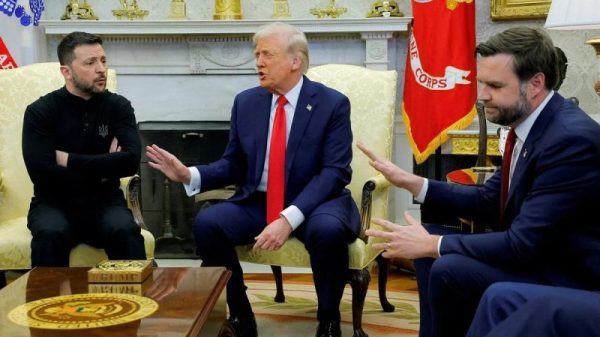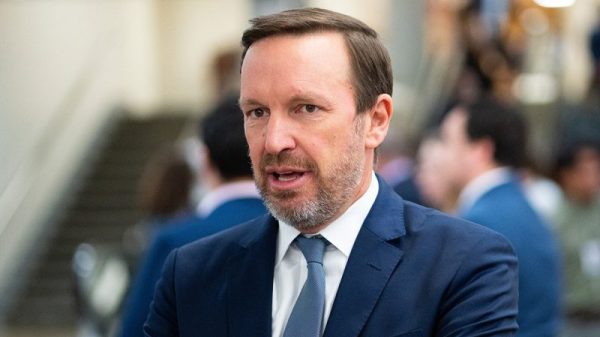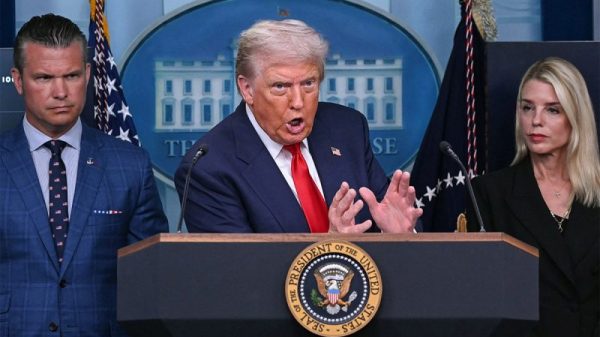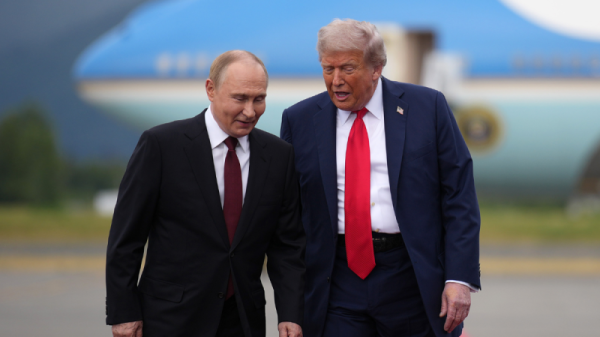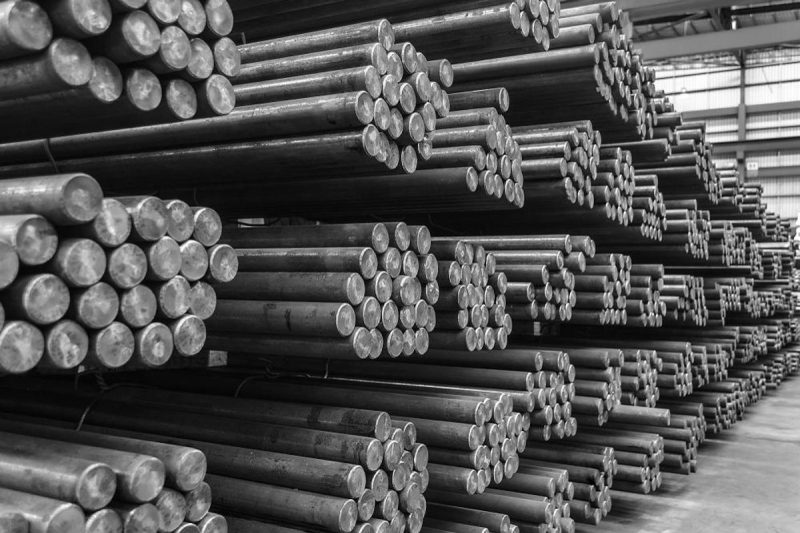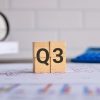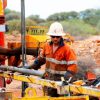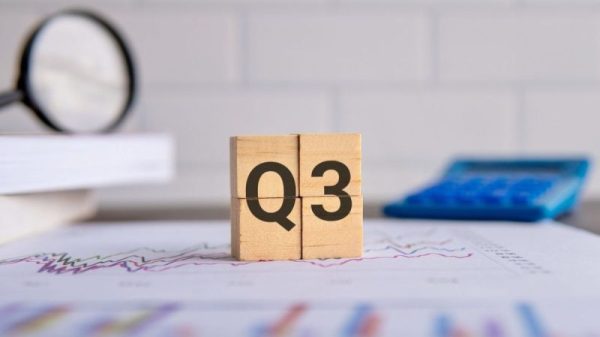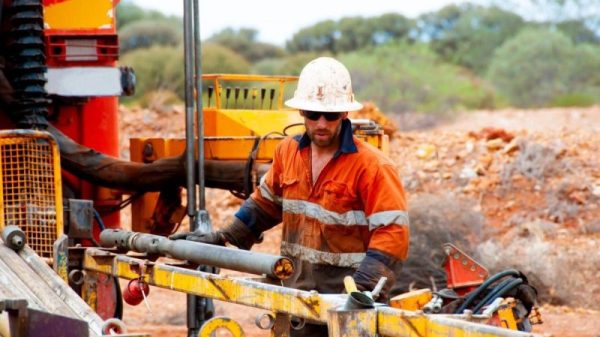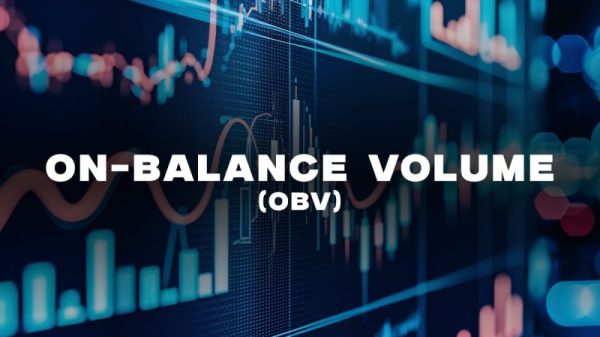Iron ore prices have displayed volatility in the past few years as the world has dealt with the economic uncertainty surrounding COVID-19 lockdowns, the Russia-Ukraine war and rising levels of inflation.
Prices for the base metal reached a record high of over US$220 per metric ton (MT) in May 2021, but it wasn’t long before they declined to a low point of US$84.50 in November of that year. At the time, analysts identified lower demand from China alongside rising supply levels as reasons why prices dropped so drastically in late 2021.
Iron ore prices rebounded to trade in the US$120 to US$130 range in 2023, spurred on by supply issues in Australia and Brazil, as well as the Russia-Ukraine war; higher export duties in India and renewed demand from China have also contributed to the commodity’s higher prices.
However, that positive sentiment in the iron ore market evaporated in 2024 as the global economic outlook weakened on higher interest rates, lower demand and challenges in China’s property sector. After starting the year at a high of US$144 per MT, iron ore prices slid to a low US$91.28 per MT on September 10. China’s recent announcement of economic stimulus measures and the Fed’s move to cut interest rates may give iron a boost.
To understand the dynamics of the iron ore market, it’s helpful to know which countries are major producers. With that in mind, these are the top 10 for iron ore production by country in 2023, using the latest data provided by the US Geological Survey. Production data for public companies is sourced from the mining database MDO.
1. Australia
Usable iron ore: 960 million metric tons
Iron content: 590 million metric tons
Australia is the largest iron producing country by far, with usable iron ore production of 960 million metric tons in 2023. Australia’s leading iron ore producer is BHP (ASX:BHP,LSE:BHP,NYSE:BHP), but Rio Tinto (ASX:RIO,LSE:RIO,NYSE:RIO) and Fortescue Metals Group (ASX:FMG,OTCQX:FSUMF) are also large producers.
The Pilbara region is the most notable iron ore jurisdiction in Australia, if not the world. In fact, Rio Tinto calls its Pilbara Blend ‘the world’s most recognised brand of iron ore.’ One of the company’s iron producing operations in the region is Hope Downs iron ore complex, a 50/50 joint venture with Gina Rinehart’s Hancock Prospecting. The complex hosts four open-pit mines with an annual production capacity of 47 million tonnes.
As for BHP, the major iron miner’s Western Australia Iron Operations joint venture comprise five mining hubs and four processing hubs. One such hub is Area C, which hosts eight open-cut mining areas alone. The company also has an operating 85 percent interest in the Newman iron operations.
2. Brazil
Usable iron ore: 440 million metric tons
Iron content: 280 million metric tons
In Brazil, iron production came to 440 million metric tons of usable iron ore production in 2023.
The largest iron ore districts in the country are the states of Pará and Minas Gerais, which together account for 98 percent of Brazil’s annual iron ore output. Pará is home to the largest iron ore mine in the world, Vale’s (NYSE:VALE) Carajas mine. Headquartered in Rio de Janeiro, Vale is the world’s biggest producer of iron ore pellets.
“In 2023, supply ramp up will be led by Brazil and India, while Australian shipments will stay largely rangebound,” said David Cachot, research director for steel and raw materials at Wood Mackenzie. Indeed, Brazilian iron ore exports were on the rise in 2023. That trend has continued well into 2024.
3. China
Usable iron ore: 280 million metric tons
Iron content: 170 million metric tons
China’s iron production amounted to 280 million metric tons of usable iron ore in 2023. The Asian nation is the world’s largest consumer of iron ore, despite being only the third largest iron-producing country.
China’s top producing iron ore mine is the Dataigou iron mine in Laioning province, with production of 9.07 million MT in 2023. The underground mine is owned by Glory Harvest Group Holdings.
With China being the world’s largest producer of stainless steel, its domestic supply is not enough to meet demand. The country imports over 70 percent of global seaborne iron ore.
4. India
Usable iron ore: 270 million metric tons
Iron content: 170 million metric tons
India’s iron production for 2023 totaled 270 million metric tons of usable iron ore, climbing from the previous year’s total of 251 million metric tons. Its iron content production rose from 156 million metric tons to 170 million metric tons.
India’s largest iron ore miner, NMDC, hit a production milestone in 2021 of 40 million MT per year, the first such company to do so in the country. NMDC is targeting an annual production rate of 60 million MT by 2027. The company operates the Bailadila mining complexes in Chhattisgarh state, and the Donimalai and Kumaraswamy mines in Karnataka state.
5. Russia
Usable iron ore: 88 million metric tons
Iron content: 58 million metric tons
Russia’s iron ore production came in at 88 million metric tons for 2023, making comes it the fifth largest iron-producing country in the world.
The region of Belgorod Oblast is home to two of the country’s biggest iron ore producing mines: Metalloinvest MC’s Lebedinsky GOK, which in 2023 produced an estimated 22.05 million metric tons per annum of iron ore; and Novolipetsk Steel’s Stoilensky GOK, which last year produced an estimated 19.56 million metric tons per annum of iron ore.
In response to serious economic sanctions on the country over its aggressive war against Ukraine, Russia’s iron ore exports fell dramatically in 2022 to 84.2 million metric tons from 96 million metric tons in the previous year. Together, these two countries previously accounted for 36 percent of global iron or non-alloy steel exports. The European Union has restricted imports of Russian iron ore.
6. Iran
Usable iron ore: 77 million metric tons
Iron content: 50 million metric tons
Iran amassed 77 million metric tons in iron production in the form of usable iron ore in 2023. The country’s iron output has been on the rise in recent years — it was the eighth highest iron producer in 2022 and the 10th in 2021. One of the most important iron ore mines in the country is Gol-e-Gohar in Kerman province.
The Iranian government is targeting production of 55 million MT of steel per annum by 2025 to 2026. To reach this goal, the country’s iron ore industry will need to produce 160 million MT of iron ore. To better meet the requirements of domestic steel producers, Iran began levying a 25 percent duty on iron ore exports in September 2019. This has changed multiple times since, and in February 2024 the country cut duties on these products significantly.
7. Canada
Usable iron ore: 70 million MT
Iron content: 42 million metric tons
Canada’s iron production totaled 70 million metric tons of usable iron ore and 42 million metric tons of iron content in 2023.
Champion Iron (TSX:CIA,OTC Pink:CHPRF) is one company producing iron ore in the country. It owns and operates the Bloom Lake complex in Québec. Champion ships iron concentrate from the Bloom Lake open pit by rail, initially on the Bloom Lake Railway, to a ship loading port in Sept-Îles, Québec. A Phase 2 expansion, which entered commercial production in December 2022, has increased annual capacity from 7.4 million MT to 15 million MT of 66.2 percent iron ore concentrate.
In 2024, Champion is upgrading half of its Bloom Lake mine capacity to a direct reduction quality pellet feed iron ore with up to 69 percent iron.
8. South Africa
Usable iron ore: 61 million metric tons
Iron content: 39 million metric tons
South Africa’s iron production was 61 million metric tons of usable iron ore and 39 million metric tons of iron content in 2023. The country’s output has declined significantly in the past few years, down from 73.1 million MT and 46.5 million MT two years earlier. South Africa’s mining industry is grappling with transport and logistics issues, most notably due to railway maintenance challenges.
Kumba Iron Ore (OTC Pink:KUMBF,JSE:KIO) is Africa’s largest iron ore producer. The company has three main iron ore production assets in the country, including its flagship mine, Sishen, which accounts for a large majority of Kumba’s total iron ore output. Anglo American (LSE:AAL,OTCQX:AAUKF) owns a 69.7 percent share of the company.
9. Kazakhstan
Usable iron ore: 53 million metric tons
Iron content: 8.8 million metric tons
Kazakhstan’s iron production came in at 53 million metric tons of usable iron ore in 2023. It has also slipped in recent years.
Kazakhstan has several iron ore mines in operation, with four of the top five owned by Eurasian Resources Group. The largest of these iron ore mines is the Sokolovsky surface and underground mine located in Kostanay. Last year, it produced an estimated 7.52 million tonnes per annum of iron ore.
The Sokolov-Sarybai Mining Production Association (SMPA) in Northern Kazakhstan was the main supplier of iron ore to Russia’s Magnitogorsk Iron and Steelworks prior to the country’s invasion of Ukraine. Since then, the SMPA has halted iron ore shipments to Magnitogorsk.
10. Sweden
Usable iron ore: 38 million metric tons
Iron content: 27 million metric tons
Sweden’s iron production for 2023 was 38 million metric tons of usable iron ore. Iron ore production in the country has been increasing over the last decade and a half.
The country’s largest iron ore mine is state-owned Luossavaara-Kiirunavaara’s (LKAB) Kiruna mine, which has been in operation for more than 100 years. Kiruna is also the world’s largest underground iron ore mine. According to Mining Data Online, Kiruna’s iron ore pellets and fines production totaled 13 million metric tons in addition to 0.6 million metric tons of lump ore used in the blast furnace ironmaking process.
Securities Disclosure: I, Melissa Pistilli, hold no direct investment interest in any company mentioned in this article.

